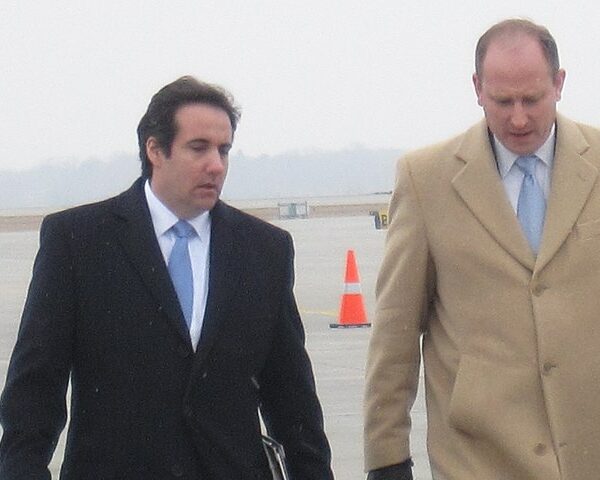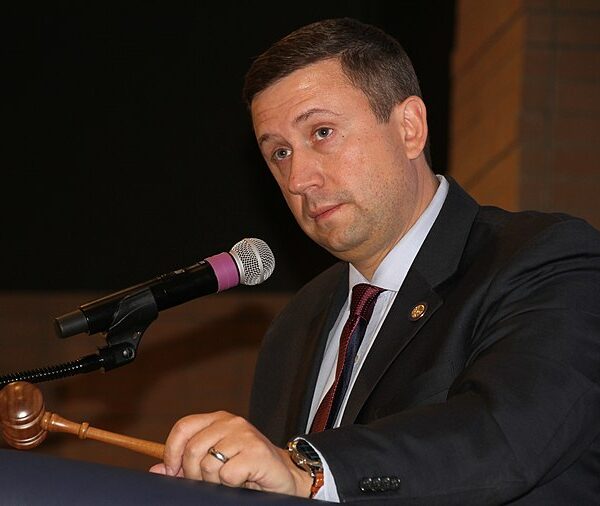
A combustible partnership that once symbolized the Trump administration’s iconoclastic embrace of business moguls has now ruptured in dramatic fashion. The alliance between President Donald Trump and tech magnate Elon Musk—once touted as a fusion of populist politics and Silicon Valley ingenuity—has collapsed under the weight of ambition, ego, and competing visions for power.
Such an obvious lie. So sad. https://t.co/sOu9vqMVfX
— Elon Musk (@elonmusk) June 5, 2025
At the center of the fallout is Trump’s abrupt rejection of Musk’s handpicked nominee to lead NASA, billionaire entrepreneur Jared Isaacman, writes The Daily Caller. According to White House aides, the decision—delivered without warning—was viewed by Musk as a deliberate humiliation.
White House insiders told the Caller Musk had been over-asking and trying to act like a second president. He was being told no a lot, something that caused him to become increasingly irritable over time.
Some of those big asks were for specific leaders at the IRS, CIA, and perhaps most notably, NASA. Days before the public implosion, Trump withdrew the nomination of Jared Isaacman, a Musk ally, to run the agency. Sources told the Caller that was the straw that broke the camel’s back.
Musk regularly argued with Sergio Gor, director of the White House Presidential Personnel Office, over staffing. But he also feuded over policy issues.
He was kept out of the State Department by Secretary of State Marco Rubio and his access was limited at the Pentagon, an official told the Caller.
The aftermath was swift and incendiary. Within hours, Musk turned Twitter into a war zone, denouncing Trump’s legislative agenda—particularly the president’s centerpiece “Big Beautiful Bill” on federal spending—as bloated and unserious. What began as technocratic critique rapidly devolved into personal invective. Musk invoked the specter of the Epstein scandal, accused Trump of being compromised, and even floated the prospect of impeachment.
Trump suggests that Elon Musk might be suffering from Trump Derangement Syndrome.pic.twitter.com/6uVPSv313g
— i/o (@avidseries) June 5, 2025
The president responded in kind, accusing Musk of “Trump Derangement Syndrome” and dismissing the tirade as the flailing of a man “addicted to attention.”
Yet behind the theater, the collapse of the Trump-Musk relationship reflects deeper structural fault lines. Insiders portray Musk as bristling at the constraints of government, expecting the same deference he commands in the boardroom.
Musk’s departure from the administration’s inner circle is already reverberating through the White House. While his critics viewed him as a destabilizing force, others regarded his involvement as a vital signal to business leaders and innovators that this was no ordinary presidency. His abrupt break may complicate Trump’s effort to fast-track reform packages that rely on external credibility and private-sector savvy.
Beyond Pennsylvania Avenue, the split threatens to realign political allegiances. Musk’s influence among libertarians, tech-savvy independents, and Gen X iconoclasts gave Trump crossover appeal. Now, with Musk openly challenging the president, those constituencies may splinter. At the same time, Trump’s base—drawn to dominance and loyalty—has shown little patience for those who cross him, no matter how wealthy or famous.
With neither side signaling retreat, the standoff appears poised to calcify. Musk continues to use his digital platform to broadcast grievances and counterprogram White House messaging. Trump, ever wary of perceived weakness, has dug in—pressing forward with legislation and reshuffling advisory roles to shore up internal cohesion.
Whether the feud proves a watershed moment or a temporary disruption remains to be seen.
[Read More: Corrupt Senator Breached Security]











